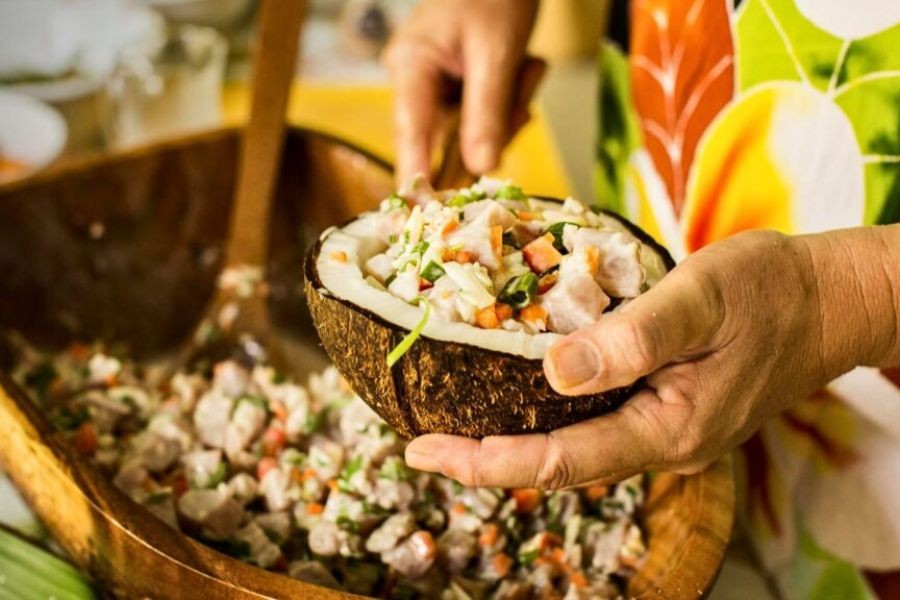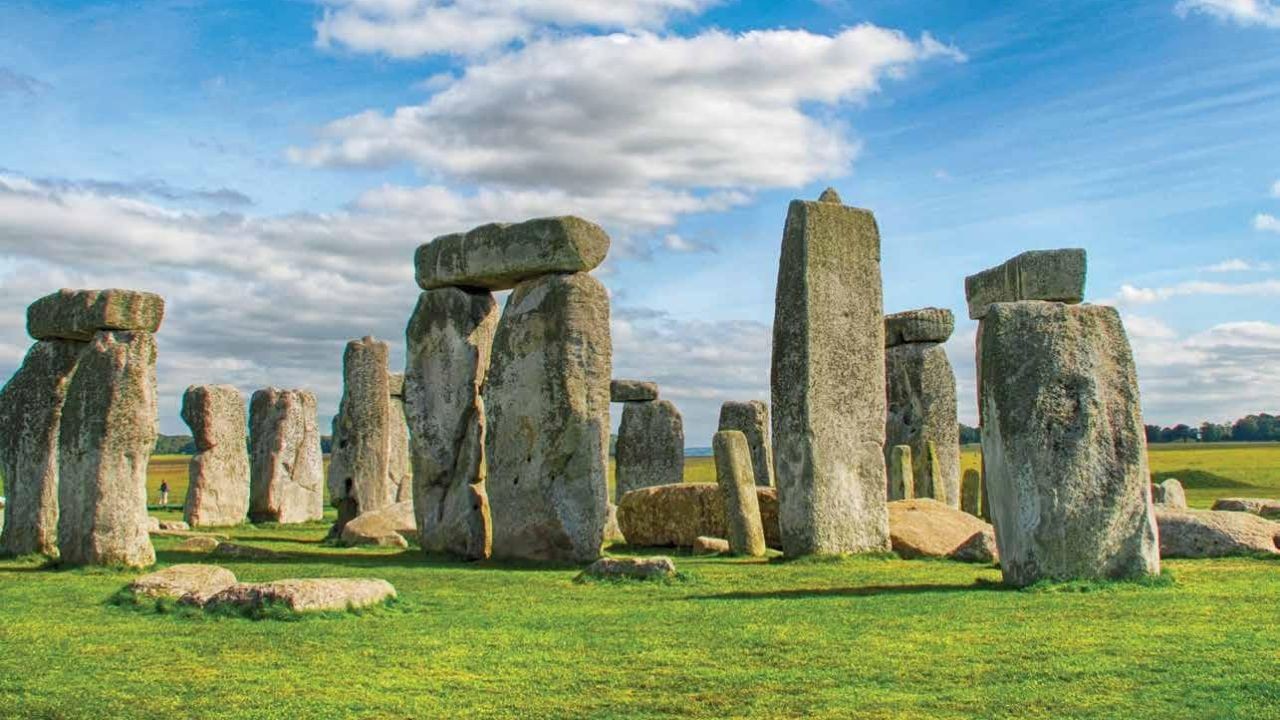In New Zealand, the hangi is more than just a traditional Maori method of cooking; it's a cultural emblem that has been passed down through generations. While many Kiwis are familiar with the hangi, there are intriguing facts about this age-old tradition that remain largely unknown. Understanding these hidden details could offer fresh insights for those in the strategic business consultancy field, particularly as they relate to New Zealand's cultural heritage and its economic implications.
Revealing the Hidden Layers of Hangi
Despite its rich cultural significance, the hangi is often misunderstood or oversimplified. The truth is, this culinary practice is deeply interwoven with the Maori way of life and has even influenced various sectors of New Zealand's economy, from tourism to agriculture. Let's delve into some lesser-known aspects of the legendary hangi.
1. The Economic Impact of Hangi Tourism
Did you know that Maori tourism, including hangi experiences, is a burgeoning industry in New Zealand? According to a report by Stats NZ, Maori tourism contributed approximately NZD 1.5 billion to the economy in 2022. The hangi, as a quintessential Maori experience, plays a significant role in attracting international tourists. For strategic business consultants, this highlights an opportunity to leverage cultural experiences in enhancing tourism-related business strategies.
2. Hangi and Sustainable Practices
The hangi process, which involves cooking food underground using heated stones, is inherently sustainable. It uses minimal energy and produces no carbon emissions, aligning well with New Zealand's focus on sustainability. As industries increasingly prioritize eco-friendly practices, the hangi offers a model for sustainable cooking methods that could be adapted for commercial kitchens seeking to reduce their carbon footprint.
3. A Symbol of Social Cohesion
In Maori culture, preparing a hangi is a communal activity that fosters social cohesion. It brings people together, reinforcing community bonds—a principle that businesses can adopt to enhance team building and corporate culture. For instance, integrating hangi-inspired events in corporate settings can promote unity and a sense of belonging among employees.
4. Hangi and Agricultural Synergies
The hangi has significant ties to New Zealand's agricultural sector. The traditional method utilizes local produce, supporting regional farmers. This synergy underlines the potential for businesses to capitalize on local sourcing strategies. By adopting a hangi-inspired approach, companies can strengthen their supply chains through sustainable and local partnerships.
5. The Hangi's Role in Cultural Preservation
Preserving the hangi tradition is vital for maintaining Maori cultural heritage. In recent years, there has been an increasing emphasis on cultural preservation, with government initiatives aimed at supporting Maori businesses and traditions. The Ministry of Business, Innovation, and Employment (MBIE) has outlined strategies to empower Maori enterprises, which could serve as a blueprint for businesses seeking to integrate cultural elements into their operations.
Case Study: Tamaki Maori Village – A Cultural Success
Problem: In the early 2000s, Tamaki Maori Village faced the challenge of distinguishing itself in the competitive tourism market. Many tourists visited New Zealand without experiencing authentic Maori culture, missing the unique aspects that distinguish Kiwi heritage.
Action: The village decided to focus on providing an immersive hangi experience as part of their cultural tours. This involved collaborating with local Maori communities and investing in authentic cultural presentations.
Result: Within two years, Tamaki Maori Village saw a 60% increase in tourist visits. The hangi experience became a pivotal part of their offerings, contributing to a 75% increase in revenue. They also received multiple tourism awards, solidifying their reputation as a leader in cultural tourism.
Takeaway: This case study illustrates the power of leveraging cultural heritage for business success. By incorporating authentic cultural experiences, businesses can enhance their appeal and profitability. For New Zealand businesses, integrating Maori traditions like the hangi can offer a competitive edge in the tourism sector.
Data-Driven Insights and Industry Impact
According to the Reserve Bank of New Zealand, the inclusion of cultural elements in business models can lead to a 10% increase in customer engagement and loyalty. This data underscores the potential benefits of incorporating cultural experiences like the hangi into business strategies, particularly in tourism and hospitality sectors.
Pros and Cons of Integrating Hangi in Business Models
Pros:
- Cultural Authenticity: Offers a unique selling point that distinguishes businesses in a crowded market.
- Sustainability: Aligns with eco-friendly business practices, appealing to environmentally conscious consumers.
- Community Engagement: Strengthens ties with local communities and supports regional economies.
Cons:
- Initial Investment: Requires upfront costs for authentic cultural integration and training.
- Regulatory Compliance: Must adhere to cultural preservation laws and guidelines.
- Market Limitations: Primarily appeals to niche markets interested in cultural experiences.
Common Myths About the Hangi
- Myth: Hangi is just a cooking method. Reality: It is a cultural practice that embodies Maori traditions and values.
- Myth: Hangi is outdated. Reality: It is evolving and remains relevant, particularly in promoting sustainable practices.
- Myth: Hangi experiences are only for tourists. Reality: They are vital for preserving Maori culture and are embraced by locals as well.
Final Takeaways
- Fact: Maori tourism, including hangi experiences, significantly contributes to New Zealand's economy.
- Strategy: Businesses can leverage cultural experiences to enhance engagement and drive revenue.
- Mistake to Avoid: Failing to integrate authentic cultural elements can lead to missed opportunities in niche markets.
- Pro Tip: Collaborate with local Maori communities to ensure authenticity and cultural sensitivity.
Future Trends and Predictions
Looking ahead, the integration of cultural experiences in business models will likely become more prevalent. By 2030, Maori cultural tourism is expected to grow by 50%, according to projections from the Ministry of Business, Innovation, and Employment. This growth will create opportunities for businesses to innovate and expand their offerings by incorporating unique cultural elements like the hangi.
Conclusion
New Zealand’s legendary hangi is not just a cooking method; it is a valuable cultural asset that offers significant economic and social benefits. For strategic business consultants, understanding the multifaceted impact of the hangi can inform strategies that capitalize on New Zealand's rich cultural heritage. By integrating cultural elements into business models, companies can enhance their market appeal, foster community connections, and contribute to cultural preservation.
As the landscape evolves, staying informed and adaptable will be crucial. Engage with your community, embrace cultural heritage, and explore the potential of integrating traditional practices like the hangi into your business strategies. What are your thoughts on cultural integration in business? Share your insights below!
People Also Ask (FAQ)
- How does the hangi impact businesses in New Zealand? Hangi experiences enhance tourism appeal, driving revenue and supporting local economies.
- What are the biggest misconceptions about the hangi? Many view it as merely a cooking method, but it embodies rich cultural traditions.
- What are the best strategies for implementing hangi in business? Collaborate with local Maori communities and incorporate authentic cultural elements.
- What upcoming changes in New Zealand could affect hangi tourism? By 2030, Maori tourism is projected to grow by 50%, creating new opportunities.
- Who benefits the most from hangi tourism? Local communities, cultural tourism businesses, and environmentally conscious consumers benefit significantly.
Related Search Queries
- Hangi cooking method
- Maori cultural tourism in New Zealand
- Sustainable cooking practices
- New Zealand tourism trends
- Evolving cultural practices
- Local sourcing strategies in New Zealand
- Cultural heritage preservation
- Maori community engagement
- Authentic cultural experiences
- Economic impacts of Maori tourism































